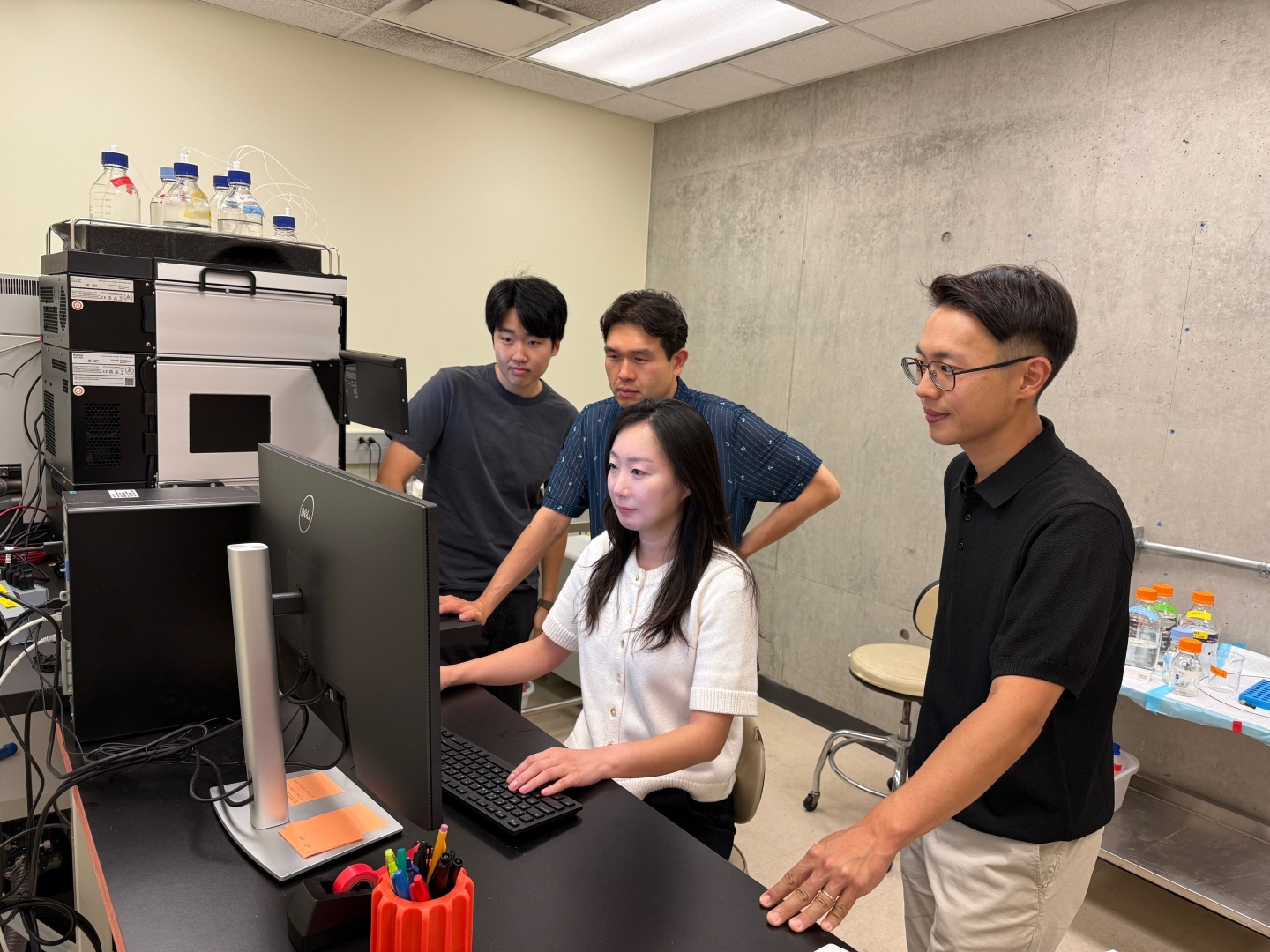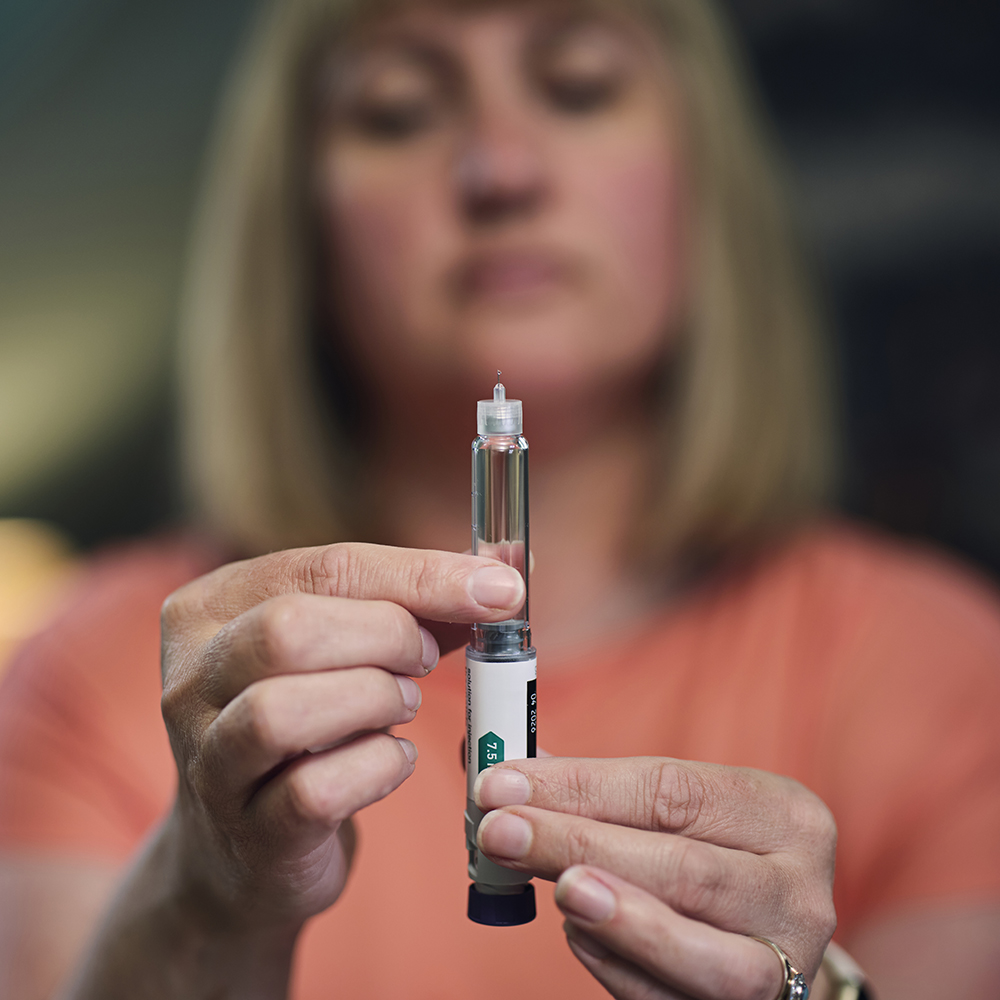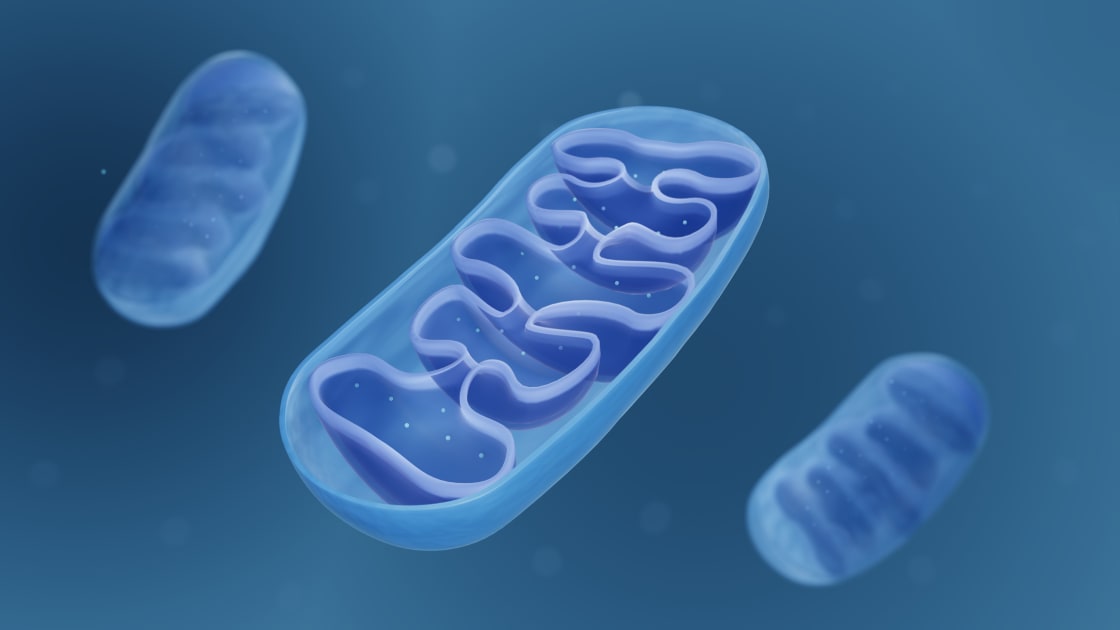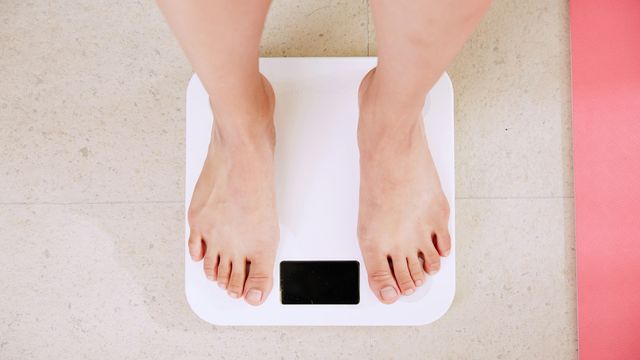Summary
Newswise Irvine, Calif., Sept. 15, 2025 New findings from researchers at UC Irvine show how a simple dietary change that increases fiber intake can reshape gut bacteria to prevent sugar from damaging the liver and causing disease.
We found that consuming a type of dietary fiber called inulin, …
Source: Newswise

AI News Q&A (Free Content)
Q1: How does dietary fiber, specifically inulin, impact gut microbiota and liver health?
A1: Dietary fiber, particularly inulin, influences gut microbiota by promoting the growth of beneficial bacteria that metabolize dietary fructose. This process helps mitigate insulin resistance, hepatic steatosis, and fibrosis. Inulin supplementation encourages the microbiome to break down fructose, reducing hepatic lipogenesis and protecting the liver from damage. This mechanism demonstrates how fiber intake can potentially lower the risk of cardiometabolic diseases by facilitating microbial catabolism of harmful nutrients.
Q2: What are the primary types of dietary fiber, and how do they contribute to metabolic health?
A2: Dietary fiber is categorized into soluble and insoluble fibers. Soluble fibers, such as inulin and beta-glucans, dissolve in water and are fermented in the colon, producing short-chain fatty acids beneficial for gastrointestinal health. Insoluble fibers, like cellulose, promote bowel regularity by absorbing water. Both types of fiber support metabolic health by regulating blood sugar levels, lowering cholesterol, and enhancing gut microbiota composition.
Q3: What recent technological advancements aid in assessing nutrient intake for metabolic health?
A3: Recent advancements include machine learning systems like MealMeter, which utilize data from wearable devices to estimate macronutrient intake accurately. This technology integrates physiological signals and environmental cues to enhance dietary interventions and support personalized nutrition strategies, particularly for managing metabolic disorders such as diabetes and obesity.
Q4: How does the intake of inulin affect glucose metabolism in the human body?
A4: Inulin intake influences glucose metabolism by altering the gut microbiome, which helps in fructose catabolism. This process reduces fructose-induced lipogenesis in the liver and improves insulin sensitivity. Consequently, inulin can aid in better glucose management, potentially benefiting individuals with metabolic disorders like diabetes.
Q5: What are the potential benefits of combining prebiotics like inulin with antioxidants for diabetes management?
A5: Combining prebiotics such as inulin with antioxidants may enhance the management of type 2 diabetes. This combination can improve glycemic control by fostering a favorable gut microbiota environment and reducing oxidative stress, which are critical elements in managing diabetes-related complications. Clinical trials are ongoing to establish the efficacy of such combined interventions.
Q6: What role does the gut microbiome play in mitigating the effects of dietary sugars?
A6: The gut microbiome plays a crucial role in mitigating the effects of dietary sugars by utilizing dietary fibers like inulin to break down sugars such as fructose. This process prevents excessive fructose from reaching the liver, reducing the risk of metabolic diseases. A healthy gut microbiome can thus serve as a protective mechanism against the adverse effects of sugar overconsumption.
Q7: How reliable are AI-driven systems in estimating nutrient intake for hospitalized patients?
A7: AI-driven systems, such as those employing RGB-D imaging, have shown high reliability in estimating nutrient intake for hospitalized patients. These systems can accurately assess food consumption without manual input, reducing labor costs and improving data accuracy. They are particularly useful in preventing malnutrition and managing patient diets effectively.
References:
- Dietary fibre-adapted gut microbiome clears dietary fructose and reverses hepatic steatosis. https://api.tavily.com/article/dietary-fibre-adapted-gut-microbiome-clears-dietary-fructose-and-reverses-hepatic-steatosis
- MealMeter: Using Multimodal Sensing and Machine Learning for Automatically Estimating Nutrition Intake. https://api.arxiv.org/abs/2025.03
- Inulin. https://en.wikipedia.org/wiki/Inulin
- Dietary fiber. https://en.wikipedia.org/wiki/Dietary_fiber
- An Artificial Intelligence-Based System to Assess Nutrient Intake for Hospitalised Patients. https://api.arxiv.org/abs/2020.03





